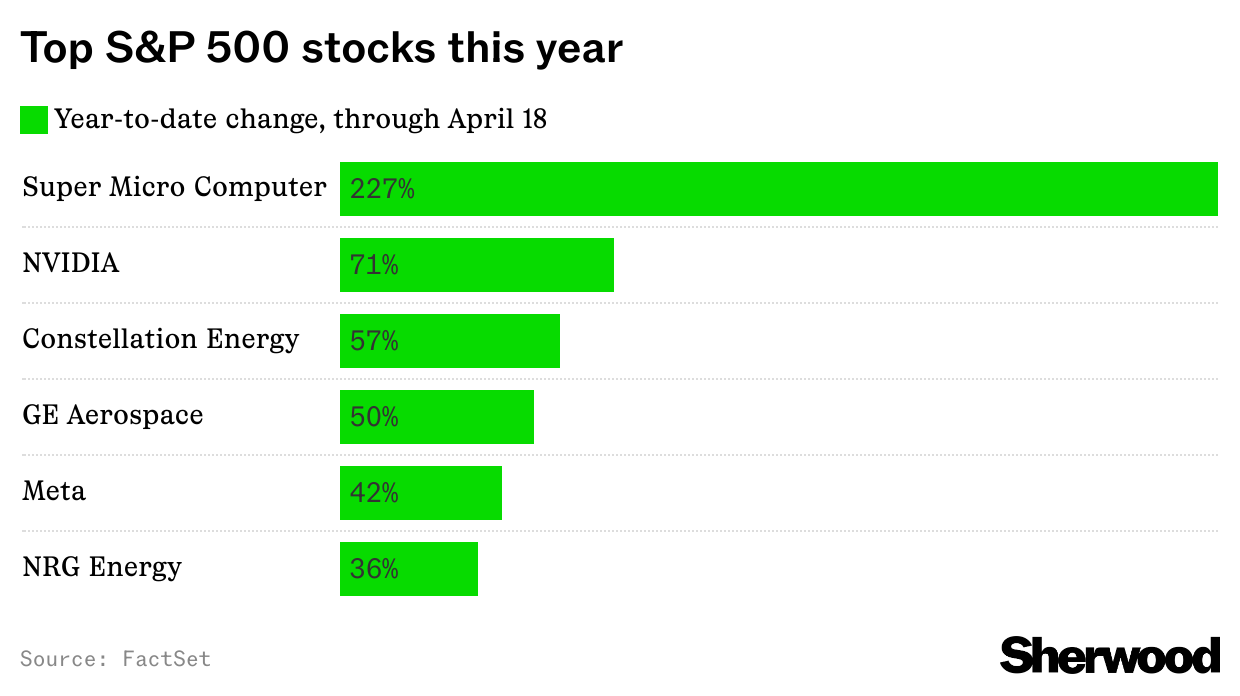Thursday Jun.17, 2021
🤖 Waymo's self-driving billions
_Don't try to backseat drive on this one [Westend61 via GettyImages]_
Hey Snackers,
It seems like everything is in short supply these days, from computer chips to cars and workers. Girl Scouts are having the opposite problem: 15M boxes of unsold cookies.
While Girl Scouts handled mountains of Samoas, the Fed handled inflation concerns. Stocks fell after the central bank indicated it expects higher interest rates by 2023, sooner than previously projected.
Drive
Google’s Waymo self-drives its way to a $2.5B fundraise — and it's putting itself on the Map
Can't be a backseat driver... when there's no frontseat driver. Waymo is the self-driving vehicle startup that was born out of Google's "moonshot factory." Google’s most successful moonshot is still a money-loser — but not when it comes to venture cash:
- Waymo just raised a massive $2.5B to advance its self-driving tech. It calls its system "The World's Most Experienced Driver," which no other company can say (because Waymo trademarked the phrase).
- Billions in the rearview: Explains the déjà vu. In March last year, Waymo raised $2.2B in its first external fundraise (read: not just Google $$$).
Waymo money... still problems. Waymo has driven millions of miles on public roads across the US. But Waymo and other self-driving companies have been criticized for moving slower than expected with commercialization. GM's Cruise, Tesla, and even Apple are all working on fully self-driving vehicles — in 2019, Elon said that self-driving robotaxis would be ready... last year. As of this month, Waymo has a big wheel up over the competition:
- Waymo One: Waymo's fully driverless taxi service can now be accessed through Google Maps, the same way you get routed to Uber’s app from Maps to book a ride. Think: distance, wait time, etc.
- Far from Uber status: The service is only available in Phoenix, where the bulk of Waymo’s 600 robotaxis are running. Good luck finding One.
Niche products need mainstream roads... Waymo has something that its biggest competitor Cruise doesn’t: a maps app with 1B+ users. By integrating Waymo into Maps alongside providers like Uber, Lyft, and Lime, Google can "mainstream-ify" robotaxis. It could compete on pricing with OG rides, and even integrate Waymo One directly into Maps to reduce friction (cue: potential antitrust issues). It could also weave Waymo into other parts of its biz — like: Google Pay and Google Home for seamless booking.
Huh
Apple faces roadblocks on its boldest (long-term) plan: platform-ifying healthcare
An Apple a day... keeps the Apple doctor close. Since 2016, Apple has been secretly working on an ambitious healthcare project (code name: Casper). In 2019, CEO Tim Cook predicted that Apple’s greatest contribution to mankind “will be about health.” People were like: "????." Now it (kind of) makes sense. According to the WSJ:
- Apple has been trying to offer its own primary-care service with Apple-employed doctors at its own clinics.
- Imagine: Health data from your Apple Watch and iPhone being monitored by docs. Apple employees were the first to test the app, called HealthHabit.
Spoiler... It's not going great. Besides allowing you to track your steps, the Fruit's health efforts have mostly flopped so far. It's not the only tech giant racing into the $4T healthcare industry — and others are facing hurdles, too:
Apple wants to make the next big platform… for our bodies. But that could take a while. With iPhones, iPads, and MacBooks, Apple built an ecosystem for our minds (reality: endless TikTok scrolling). Watch is Apple’s big bet on an always-on platform for tracking your health. Getting the data is Step 1. If Apple can track it reliably and put it to good use, it could snag its next massive opportunity.
What else we’re Snackin’
- Juneteenth: The Senate unanimously passed a bill to make Juneteenth a federal holiday, and the House moved quickly yesterday to vote it through.
- Unbucked: Roblox shares fell 8% after the online gaming company revealed it has fewer users than it did in April – they're also spending less.
- Corolla: Toyota shares hit a record high. The world's biggest carmaker is boosting production despite the Great Chip Shortage.
- Thirst: Diageo, the liquor legend behind Don Julio and Smirnoff, became the first spirits company to sign an NFL sponsorship deal.
Thursday
- Weekly jobless claims
- Earnings expected from Kroger and Adobe
Authors of this Snacks own shares of: Apple, Google, and Amazon
ID: 1689276
.png)

